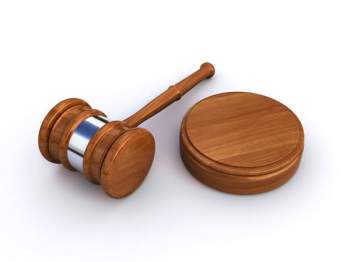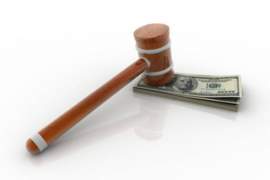
Make Sure You Know the Debtor Creditor Law

Related Forms
Schedule B - Personal Property
Schedule C - Property Claimed as Exempt
Schedule D - Creditors Holding Secured Claims
Schedule E - Creditors Holding Unsecured Priority Claims
Schedule F - Creditors Holding Unsecured Nonpriority Claims
Schedule G - Executory Contracts and Unexpired Leases
Schedule I - Current Income of Individual Debtor(s)
Schedule J- Current Expenditures of Individual Debtor(s)
Summary of Schedules (Includes Statistical Summary of Certain Liabilities)
View All
For the most part, debtor-creditor law is concerned with when a debtor fails to uphold the conditions of a creditor's services. Whether it be an extension of funds, land, goods, a line of credit, or some other form of transaction between debtor and creditor, the former must pay the latter back in full, plus interest. In fact, debtor-creditor law is applicable to pretty much any financial obligation that is incumbent upon the debtor to pay to another party.
Even when the debtor has not received a specific product or service from the person(s) or organization(s) to whom he or she is indebted, the duty to provide compensation still exists. For example, in the event the debtor owes a party money for damages, similar principles apply as with debtor and creditor law.
Then again, it may be the debtor who applies debtor-creditor law to the creditor in terms of a broken agreement or unfair collection practices. Theoretically, legal disputes between debtor and creditor in which the debtor feels wronged by the creditor are possible. Such a situation may come to pass in a small claims court, for example. The debtor pays for a certain service to be performed, such as hiring a contractor to accomplish certain core goals in a building scheme, only to find the contractor has not fulfilled his end of terms as specified and files suit accordingly. Clearly, then, debtor-creditor law is not a one-way street.
Debtor and creditor law exists on two complementary yet separate planes. As noted elsewhere, when debtor-creditor law is extended to bankruptcy cases, these legal proceedings are judged by Federal standards in bankruptcy courts.
NEXT: Savings Account Loan



















